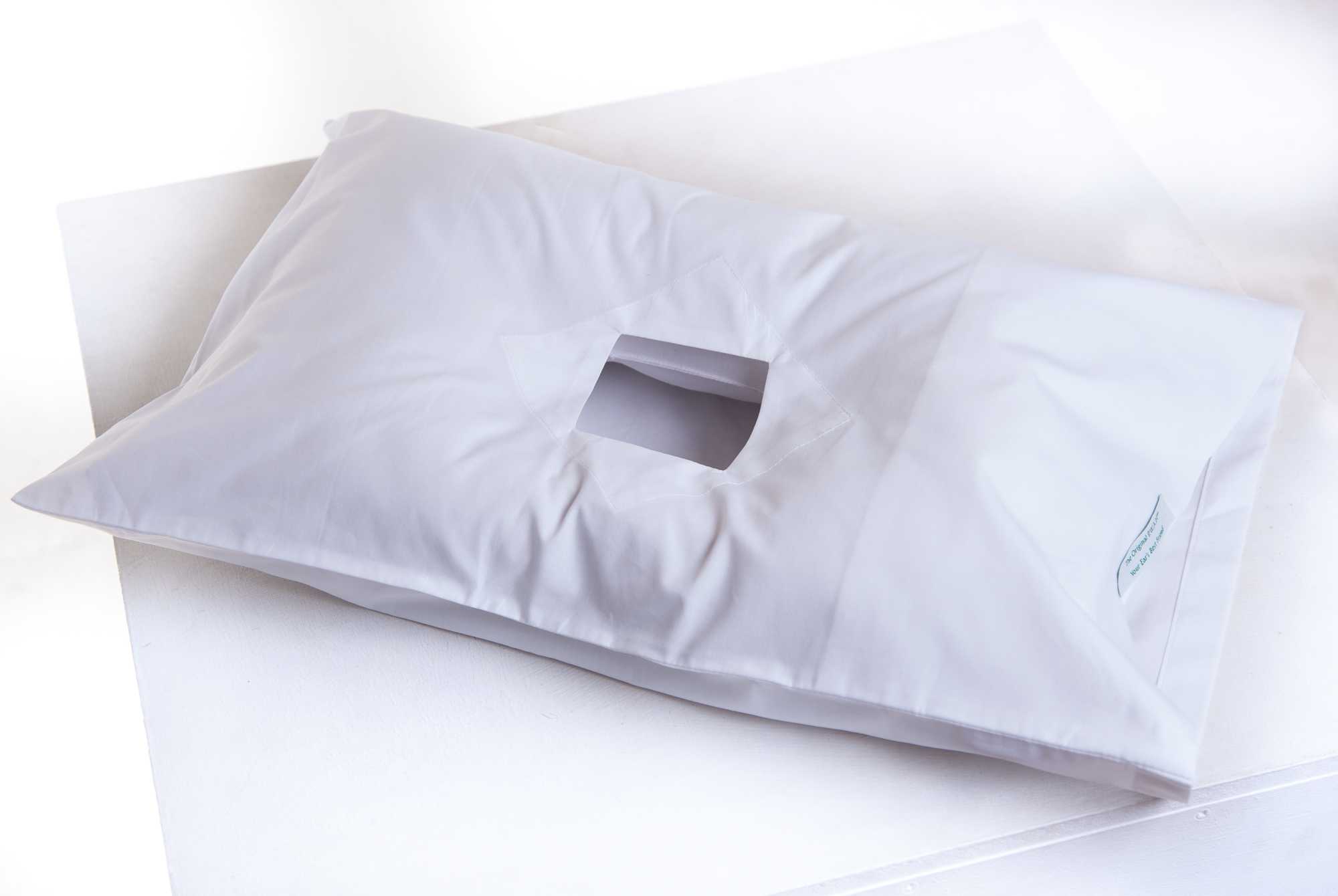Is it possible that I’m suffering from insomnia?
Insomnia does not necessary indicate that you are unable to sleep at all.
Insomnia’s signs and symptoms include:
- Having a difficult time falling asleep
- Having difficulty falling asleep
- Having difficulty sleeping after waking up early in the morning.
- Tiredness or sleepiness throughout the day
- After a good night’s sleep, you don’t feel refreshed.
- Problems with concentration or recalling details
- Fatigue-related injuries or accidents
- Fatigue-induced irritation or moodiness.
It’s possible that you’ll have difficulties sleeping for a few days or weeks as a result of a stressful scenario. It’s possible to suffer with insomnia for months at a time, though. Anxiety-related INSOMNIA HELPERS is likely to be treated with psychotherapy, medicines like Zopiclone 10mg and zopisign 10mg, or a combination of the two. The specifics of your care will be determined by your unique situation and the severity of your symptoms. Anxiety and sleeplessness may be treated independently or together by your healthcare professional
Insomnia may be brought on by a variety of factors, including anxiety, as well as medical disorders and bad habits like excessive coffee use. Some drugs, such as benzodiazepines, may cause insomnia as well.
What is the mechanism through which worry results in sleep deprivation?
Several factors, including anxiety, may cause sleep disturbances.
You have more time to contemplate at night since there are fewer people and less activity. Worries or other concerns might keep you awake at night and prevent you from winding down and drifting off to sleep. You can Buy zopiclone australia online.
There is some evidence to suggest that worry may lead you to experience several “false alarms” during the day.
somniphobia (fear of falling asleep) is a common fear for certain individuals. These people may be afraid of having nightmares or dying in their sleep, or they may suffer from sleep paralysis (a condition in which you wake up and are unable to move). If you suffer from a fear of sleep or sleep apnea, you may find it difficult to do routine tasks.
Anxiety may be caused by sleeplessness.
It is possible. Anxiety about sleep deprivation is common among people with insomnia. In a study of teens, sleep issues were shown to be a contributing factor in anxiety disorders in almost one-third of the cases.
The brains of individuals who haven’t slept well have been discovered to be quite similar to the brains of persons with anxiety problems, according to the findings of researchers. Stress chemicals like cortisol are released in greater amounts by the sleep-deprived brain, making you feel more on edge.
As a result, sleeplessness may be a precursor to or a contributing factor in the development of anxiety disorders. Both may benefit from one another. Insomnia may lead to additional anxiety and more sleepless nights if you’ve had a lot of sleepless nights in a row.
What are the benefits of addressing sleep apnea?
A good night’s sleep has a lot of benefits for your health. While you’re awake, your brain accumulates pollutants, and sleep helps you learn and establish new memories. After a restless night, you may find it difficult to focus at work or school, and you may be more prone to accidents or injury.
A lack of sleep or poor sleep over a long length of time might raise your risk for a variety of health issues, including anxiety disorders.
- Depression
- Diabetic type 2
- Diabetic hypertension
- Cardiac infarction
- Obesity
A good night’s rest may have a profound impact on your physical and emotional well-being. In addition to reducing anxiety, getting a good night’s sleep on a regular basis will help you feel more alert and energised, which can enhance your day-to-day activities.
Anxiety and sleeplessness are preventing me from sleeping.
A medical practitioner or a therapist are good options. Seeking treatment for sleeplessness from the same professional who treats your anxiety may be a good idea if they are already familiar with your anxiety disorder’s or insomnia helpers history.
Even if you think your insomnia is caused by worry, your doctor will do a complete physical exam to rule out any other underlying conditions. Included among them are:
- Medications. Some drugs, such as those often used for ADHD, asthma, and pain, may induce sleeplessness in patients. This is a possible adverse effect of antidepressants, including those recommended for anxiety.
- Illnesses of the body. Health disorders that affect the heart, blood vessels, lungs and thyroid might keep you up at night with their symptoms.
- Substances that lead to addiction. You may have trouble sleeping if you’re using caffeine or nicotine, alcohol, or any other substance that has a high potential for dependence and addiction.
- They may also enquire about your daily routine to determine if there is anything that is keeping you up at night. Circadian rhythm (an internal “clock” that governs your sleep-wake cycle) may be thrown off by frequent travel or nighttime employment, and eating late at night might cause acid reflux or pain when laying down. You may also find it difficult to fall asleep if you watch television or use your computer or phone before you go to sleep.
To gain a better idea of how you feel at night, your healthcare professional may also speak with your bed mate or partner-in-crime. Restless leg syndrome, or RLS, is an uncontrolled need to move your legs while you are attempting to sleep, and it may cause you to wake up many times a night due to sleep apnea (a condition in which your breathing stops and begins as you sleep). Some of these may go unnoticed by you, but your spouse will.
Insomnia may be alleviated by addressing any of the aforementioned issues.
Anxiety and sleep disorders: what are the options?
.
anxiousness may be treated with antidepressants or benzodiazepines. Your age, your health, the sort of insomnia symptoms you’re experiencing, the side effects, the cost of the prescription, and other considerations will all play a role in the type of medication your physician suggests.
The use of tranquillizers to induce sleep. For example, zolpidem (Ambien) and other prescription drugs like eszopiclone, as well as over-the-counter options like zaleplon and temazepam (Sonata). However, they have adverse effects and may become habit-forming, so it’s best to avoid them if possible.
Benzodiazepines. Alprazolam, lorazepam, clonazepam, and diazepam are some of the medications in this class (Valium). If you are suffering from extreme anxiety or sleeplessness, you may want to consider using these drugs.



